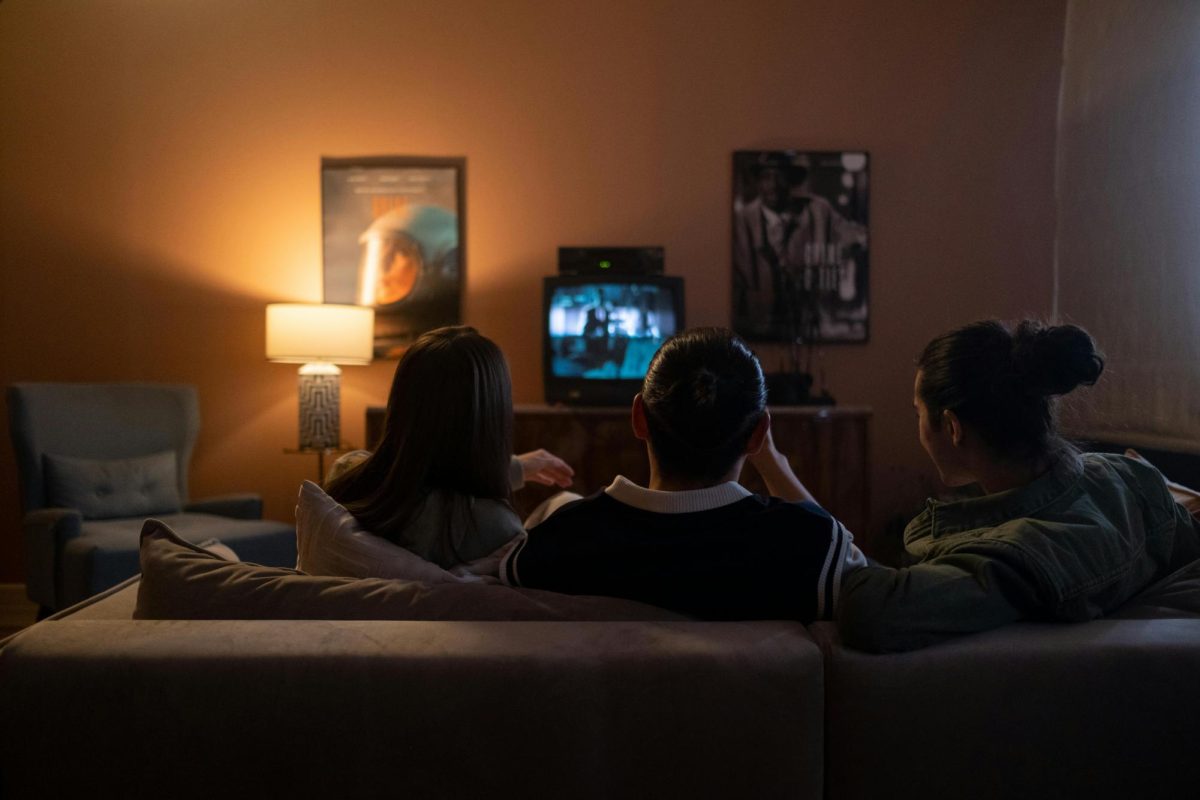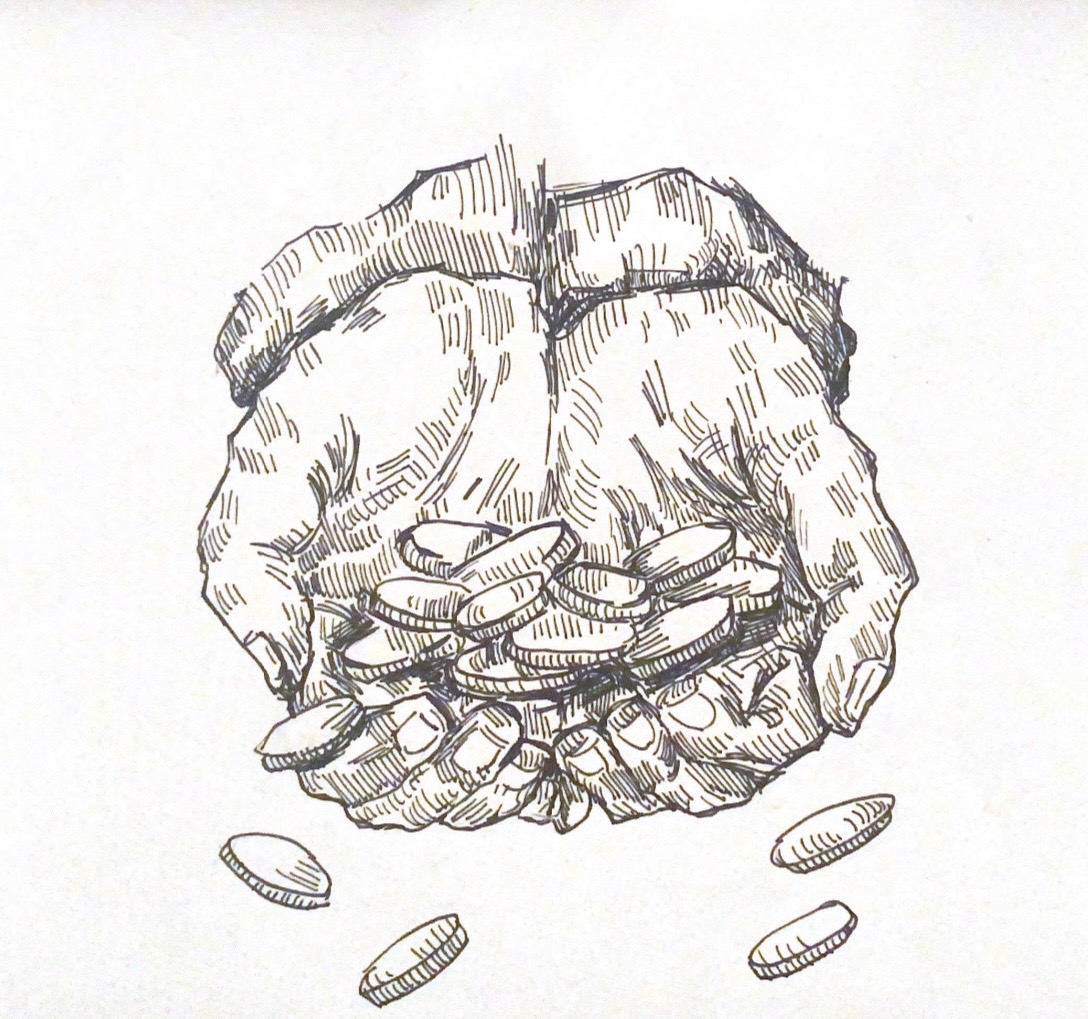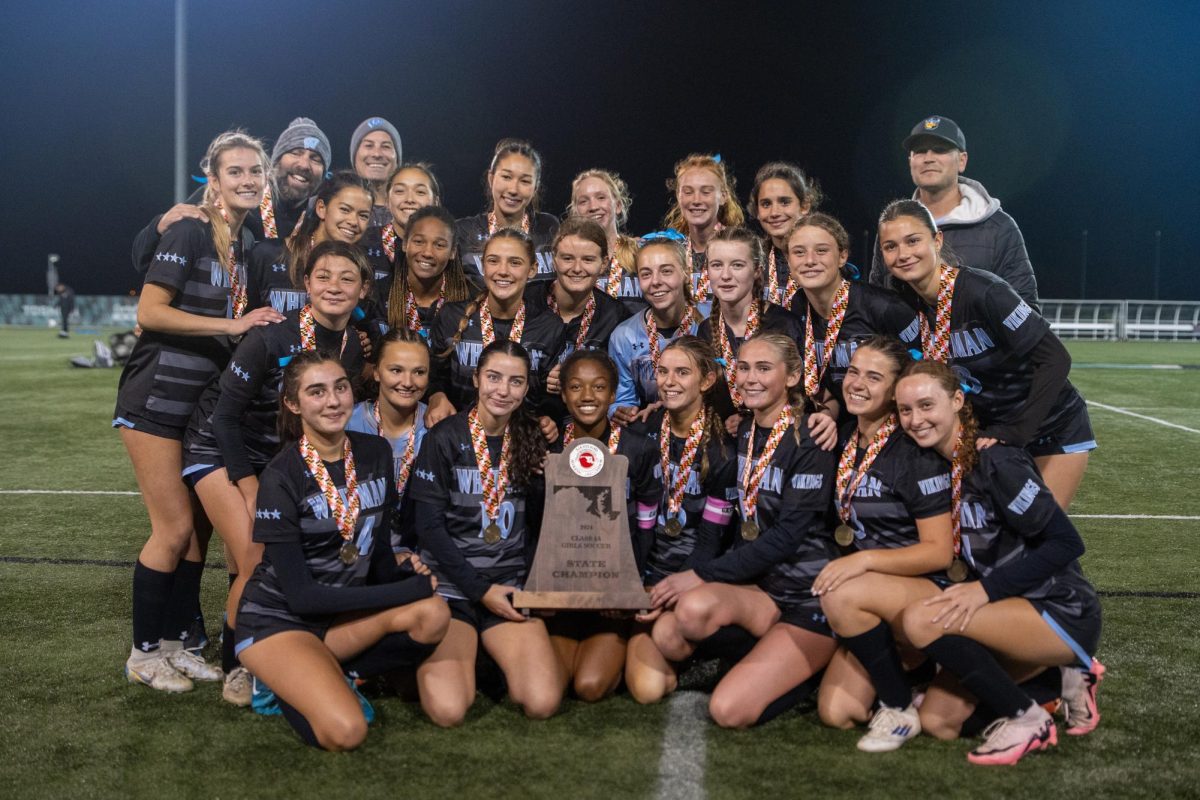
The announcement has become routine: several times a year, principal Alan Goodwin gets on the P.A. system and asks students to pick up their trash after lunch. It always seems like a simple request; after all, most students do pick up after themselves at home. Why, then, should he even have to ask at all?
Students have always left trash in the hallways, Goodwin says. Though the administration has threatened to confine students to the cafeteria during lunch, the problem persists. To counter this, the SGA should implement a solution: an “adopt-a-hallway” program that would encourage students to keep hallways clean instead of punishing them for leaving trash behind.
This was the wrong move; “adopt-a-hallway” was and remains an enjoyable answer to a recurring issue. Nor is it unrealistic. In fact, Freedman says the plan is perfectly viable for the SGA.
The SGA could implement their idea in numerous ways. One possibility is that school clubs could take turns keeping the hallways clean for a month, and participants in the clean-up could earn SSL hours for their work. Alternatively, the club that keeps its hallway the cleanest could get extra funding from the SGA the following year.
It’s shameful that students would have to be bribed into picking up their own trash, but the most important thing is that the hallways stay clean. The worst-case scenario is what happens every day: students leave their trash scattered all over the floor, and building service workers are forced to pick it up. That’s not a part of their job, Goodwin says, and it’s demeaning for them to pick up students’ trash.
Building service worker Gloria Claure doesn’t think the problem will ever disappear altogether, but she adds that it’s unkind for students to leave their trash behind. It seems that students have demonstrated to the building service workers that they are incapable of common courtesy.
Some might argue that punishment would be a quicker and faster way of teaching students a lesson. But punishment has been tried before without success. During Goodwin’s first year as principal, administrators followed through on their threat and banned students from eating in the halls for two days. For a few days, students threw away their own trash, but before the end of the week they were back to their old habits. In general, Goodwin says students’ responses to punishment are very short-lived. It’s clear that the positive reinforcement in the “adopt-a-hallway” plan would be more effective.
And it needs to be: Lunchtime littering is a habit that sorely needs changing.









